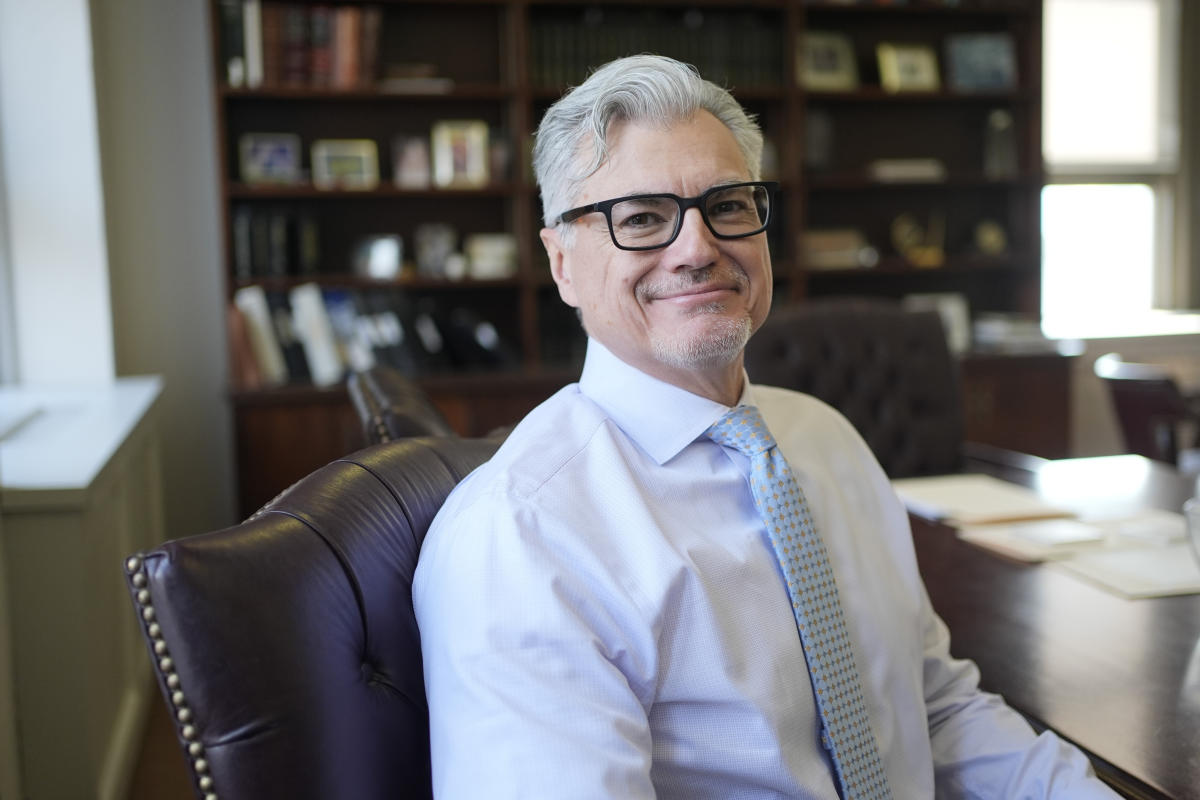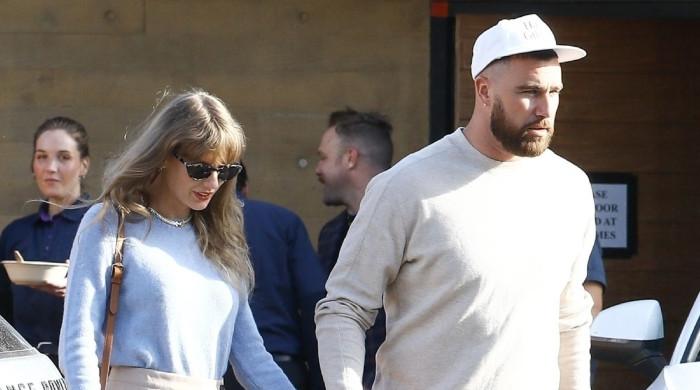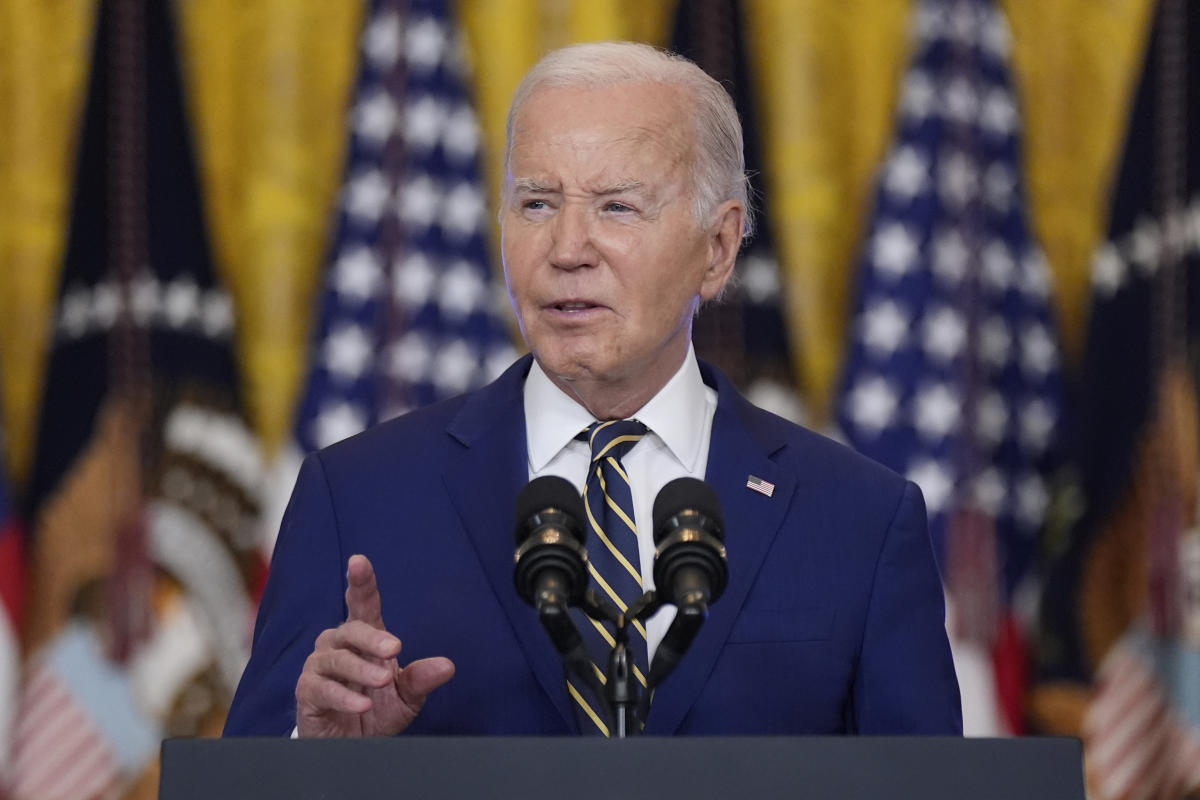As former President Donald Trump’s first — and, perhaps, only — criminal trial crawls to a conclusion, conventional wisdom holds that even if he’s convicted, he’s unlikely to do prison time. After all, the charges he faces are among New York’s mildest felonies, and if found guilty he would be a first-time offender.
Don’t be so sure, according to former prosecutors from the office now charging him.
The case, in which Trump is accused of falsifying business documents to conceal a payoff to a porn star, is unlike any other. So it’s hard to predict how Justice Juan Merchan, who is presiding over the trial, would handle any sentencing.
“This is not a one-off, ‘Oops, I made a mistake on my business records,’ or even, a one-off scheme,” said Diana Florence, a former prosecutor in the Manhattan District Attorney’s Office who ran for the DA’s job in 2021 but lost to Alvin Bragg, the lead prosecutor in the Trump case.
Bragg, a Democrat, has alleged that the payoff to Stormy Daniels, who claimed she had a sexual encounter with Trump, was just one part of a wide-ranging effort to bury potentially damaging stories about Trump during his 2016 presidential campaign.
“Given the entirety of the facts and circumstances that came out during the trial, I believe if convicted, a sentence of incarceration is warranted and justified,” Florence said.
“If I were the prosecutor, I would absolutely be asking for state prison,” she added.
The maximum sentence for the crime Trump is charged with — felony-level falsifying business records — is four years in prison. He is charged with 34 separate counts. If convicted of all of them and sentenced to prison, the prison terms for each count would almost certainly run concurrently.
Merchan, however, would not be required to issue any prison time. He would have wide discretion to choose a lighter punishment, such as probation or a term of “conditional discharge.” A probation sentence would require Trump to check in regularly with a probation officer and abide by other rules. Conditional discharge would allow Trump to remain free without probation supervision, as long as he stayed out of trouble.
Merchan could also order the former president to perform community service.
With closing arguments in the case beginning Tuesday morning, a verdict could come as soon as this week. But if the jury finds Trump guilty, Merchan would not sentence Trump immediately. He would schedule a separate sentencing hearing.
At that hearing, Merchan, like all judges weighing whether to impose a prison sentence, would weigh a variety of factors beyond the guilty verdict. They include: Has the offender committed any crimes before? Does he express remorse? Is he a danger to the community? Would his incarceration discourage others from committing the same crime?
Trump, of course, has no prior criminal convictions — even though he’s under indictments in three other cases and has been held in contempt twice during the trial for repeated violations of Merchan’s gag order. Given that he is famous for never saying sorry — even, in his own telling, to God — any expression of remorse seems unlikely.
As far as deterrence goes, Merchan may conclude it’s unlikely that future presidential candidates will face the temptation to secretly route six-figure payments to porn stars — but on the other hand, if he accepts the prosecution’s framing of the case as election interference, he may decide that deterring similar arrangements is critical to democracy. Any relevant determinations may be subjective.
Former Manhattan Assistant District Attorney Stuart Meissner said he thinks prison time is more likely than not.
“I think, knowing most judges in New York, they’re going to want to show that no one is above the law, and therefore he would likely sentence him to a term of incarceration,” he said. “I don’t think much, but I think it would be included just to show that point.”
Some criminal defense lawyers disagree.
“Judge Merchan is not known, from what I know of his reputation, as a draconian sentencer,” said Peter Tilem, a defense lawyer and former assistant district attorney. “He’s not known to be the toughest sentencer in the building. I don’t think that he would start with this particular case.”
However, Tilem added, nothing is certain.
“When you’re talking about this case, and Donald Trump in general, but particularly this case, all the rules are out the window, and so there’s no guarantees,” he said.
The immense public scrutiny of any sentence that Merchan imposes will add extra pressure to the decision, said Norm Pattis, a defense lawyer who has represented high-profile and controversial clients.
Pattis appeared before Merchan in another tabloid-friendly case over a decade ago: the prosecution of Anna Gristina, the suburban mother of four who was known as the “Soccer Mom Madam” because she was accused of running a Manhattan brothel.
Merchan’s handling of that case generated global media attention — including when his decision to impose a hefty bail was overruled on appeal. Gristina eventually reached a plea deal with the Manhattan DA’s office.
“So-called high profile cases bring an energy to a courtroom that is typically toxic,” Pattis said. “Every move is second-guessed and scrutinized. Judge Merchan is no stranger to that level of scrutiny. I don’t know whether he welcomes it.”
Pattis added that he finds it unimaginable that Merchan would send a major party’s presidential nominee to prison.
“It would be horrible for the country for Merchan to put this man in prison under these circumstances,” he said. “And I think he knows it.”

Amanda Smith is a dedicated U.S. correspondent with a passion for uncovering the stories that shape the nation. With a background in political science, she provides in-depth analysis and insightful commentary on domestic affairs, ensuring readers are well-informed about the latest developments across the United States.







